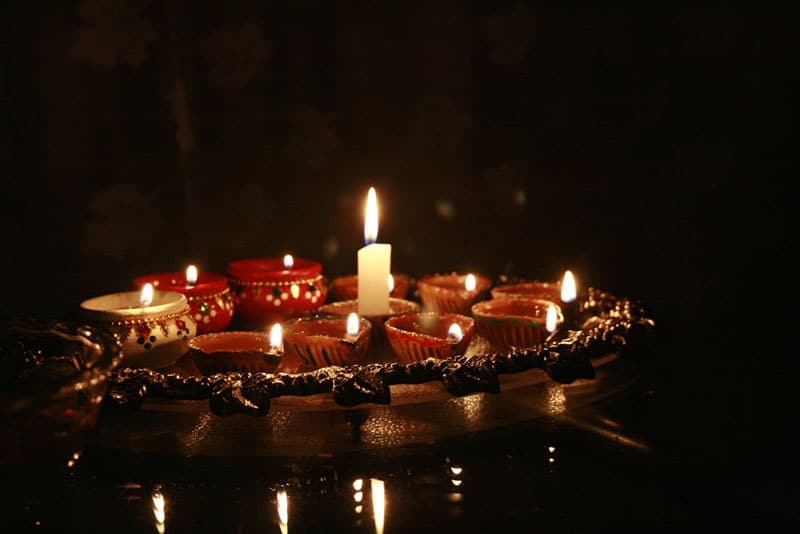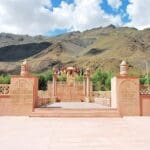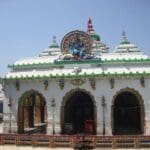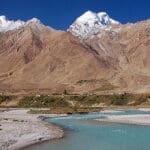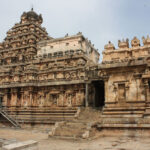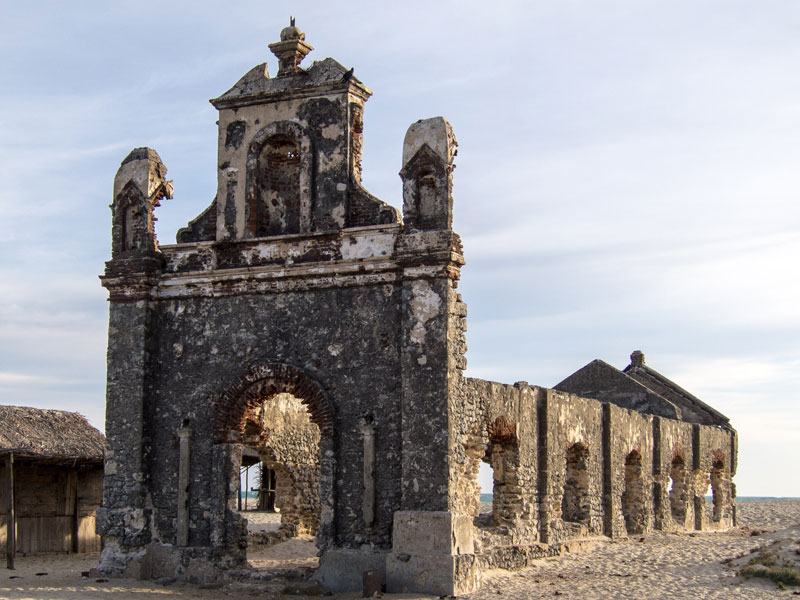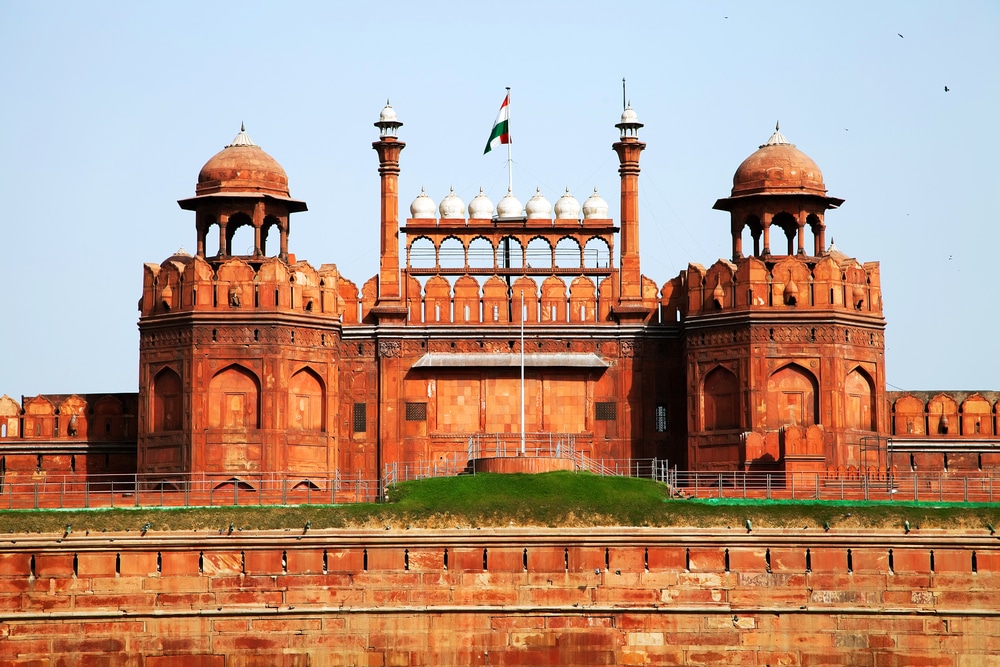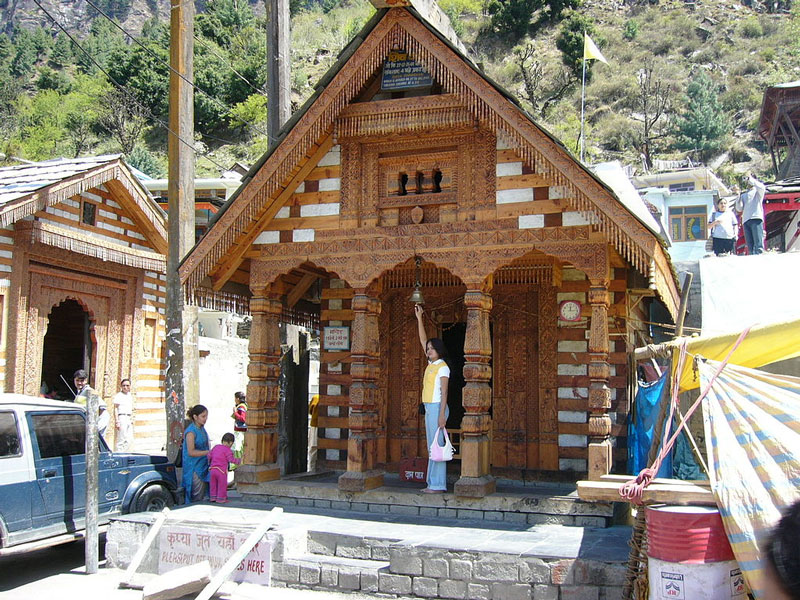India, a land of diverse cultures and traditions, is renowned for its vibrant and colorful festivals. These festivals not only showcase the rich heritage of the country but also bring together people from all walks of life to celebrate unity, joy, and spirituality. In this comprehensive guide, we delve into the 10 most popular Hindu festivals of India, each offering a unique glimpse into the cultural tapestry of this enchanting nation.
Diwali: The Festival of Lights
Diwali, also known as the Festival of Lights, is perhaps the most widely celebrated Hindu festival globally. Symbolizing the victory of light over darkness and good over evil, Diwali is marked by the lighting of diyas (oil lamps), colorful rangolis (artistic patterns made with colored powders), and mesmerizing firework displays. Families come together to exchange gifts, share sweets, and partake in prayers, making Diwali a joyous occasion filled with warmth and positivity.
Holi: The Festival of Colors
Holi, known as the Festival of Colors, is a jubilant celebration of the arrival of spring. This vibrant festival is characterized by people dousing each other with colored powders and water, accompanied by music, dance, and delicious traditional delicacies. Holi transcends social barriers, bringing people together in a riot of colors and camaraderie, making it one of the most exhilarating festivals in India.
Navratri: Nine Nights of Devotion
Navratri, meaning “nine nights,” is dedicated to the worship of Goddess Durga and her various manifestations. This auspicious festival is celebrated with fervor and devotion across India, with colorful Garba and Dandiya Raas dances being the highlight of the festivities. Navratri is also a time for fasting, prayers, and spiritual introspection, as devotees seek blessings for health, prosperity, and success.
Durga Puja: Worshiping the Divine Mother
Durga Puja, a significant festival in Eastern India, celebrates the victory of Goddess Durga over the demon Mahishasura. Elaborate pandals (temporary structures) are erected, showcasing artistic representations of the goddess and her divine entourage. The air is filled with the sounds of dhak (traditional drums) and chants, creating a mesmerizing ambiance of devotion and reverence.
Ganesh Chaturthi: Honoring the Elephant-Headed God
Ganesh Chaturthi, dedicated to Lord Ganesha, the remover of obstacles, is celebrated with great zeal and enthusiasm across India. Elaborate idols of Lord Ganesha are crafted and installed in homes and pandals, accompanied by prayers, rituals, and cultural performances. The festival culminates with the immersion of the idols in water bodies, symbolizing the departure of the deity to his celestial abode.
Janmashtami: Commemorating the Birth of Lord Krishna
Janmashtami, the birth anniversary of Lord Krishna, is celebrated with immense fervor and devotion by millions of devotees across India. Temples are adorned with flowers and lights, and elaborate cradles are prepared to depict the birth of the divine child. Devotional songs, dance dramas, and midnight prayers mark the celebration, as devotees immerse themselves in the divine love of Lord Krishna.
Raksha Bandhan: Celebrating Sibling Bond
Raksha Bandhan, a festival celebrating the bond between brothers and sisters, is observed with great reverence and joy across India. Sisters tie rakhi (sacred threads) on the wrists of their brothers, symbolizing love, protection, and mutual respect. Brothers, in turn, pledge to safeguard their sisters and shower them with gifts and blessings, strengthening the bonds of affection and familial ties.
Mahashivratri: Revering Lord Shiva
Mahashivratri, the Great Night of Lord Shiva, is celebrated with fasting, prayers, and devotional offerings to the revered deity. Temples are adorned with flowers, and devotees throng to seek the blessings of Lord Shiva for prosperity and spiritual enlightenment. The night is spent in vigil and meditation, as devotees chant sacred mantras and immerse themselves in the divine presence of the Supreme Being.
Onam: Harvest Festival of Kerala
Onam, the harvest festival of Kerala, is a vibrant celebration of prosperity, culture, and tradition. The highlight of Onam is the grand feast known as Onasadya, featuring a delectable array of traditional delicacies served on banana leaves. Colorful floral carpets called Pookalam, traditional dances like Kathakali, and boat races add to the festive fervor, making Onam a spectacle to behold.
Dussehra: Triumph of Good Over Evil
Dussehra, also known as Vijayadashami, commemorates the victory of Lord Rama over the demon king Ravana. The festival symbolizes the triumph of good over evil and the importance of righteousness in the face of adversity. Grand processions, reenactments of mythological events, and the burning of effigies of Ravana characterize the celebration, culminating in a spectacle of fireworks and joyous festivities.
From the jubilant colors of Holi to the divine fervor of Diwali, each Hindu festival in India offers a unique glimpse into the cultural richness and spiritual heritage of this captivating land. Whether it’s the exuberant celebrations or the profound spiritual significance, these festivals continue to captivate the hearts and minds of people worldwide, transcending boundaries and fostering a sense of unity and harmony.
Significance of Hindu Festivals
The significance of Hindu festivals extends beyond mere celebrations; each festival holds deep cultural, religious, and social importance. These festivals not only foster a sense of community and belonging but also serve as reminders of cherished values and traditions passed down through generations.
Cultural Heritage Preservation
Hindu festivals play a crucial role in preserving and promoting India’s rich cultural heritage. Through elaborate rituals, ceremonies, and artistic expressions, these festivals keep ancient traditions alive and ensure their continuity for future generations. From the intricate dance forms of Navratri to the intricate kolams (rangoli designs) of Diwali, each festival showcases the artistic prowess and cultural diversity of India.
Spiritual Enlightenment
Many Hindu festivals are steeped in spiritual significance, offering devotees an opportunity for inner reflection, self-improvement, and spiritual growth. Whether it’s the fasting and prayers during Navratri or the devotional chants on Mahashivratri, these festivals provide a sacred space for seekers to connect with their inner selves and experience a deeper sense of transcendence.
Social Cohesion
Hindu festivals serve as powerful catalysts for social cohesion and harmony, bringing people together irrespective of caste, creed, or social status. The spirit of camaraderie and inclusivity is palpable during festivals like Holi and Raksha Bandhan, where communities come together to celebrate shared values of love, unity, and mutual respect.
Economic Impetus
The economic impact of Hindu festivals is significant, with increased consumer spending on decorations, gifts, clothing, and food items. Local artisans, craftsmen, and businesses thrive during festival seasons, contributing to the overall economic prosperity of the region. Festivals like Diwali also mark the onset of the festive shopping season, with retailers offering lucrative discounts and promotions to attract customers.
Best Time to Visit
The timing of Hindu festivals varies each year based on the lunar calendar, so it’s essential to plan your visit accordingly. However, some festivals, such as Diwali and Holi, typically fall during specific months:
- Diwali usually occurs between October and November, coinciding with the new moon.
- Holi is celebrated in March, marking the arrival of spring.
For a comprehensive list of festival dates and timings, it’s advisable to consult a Hindu calendar or check online resources closer to your travel dates.
How to Reach
India boasts an extensive network of transportation options, making it accessible to travelers from around the world. Major cities like Delhi, Mumbai, and Chennai are well-connected by air, rail, and road, with convenient transportation facilities to reach festival destinations.
- By Air: Indira Gandhi International Airport in Delhi, Chhatrapati Shivaji Maharaj International Airport in Mumbai, and Chennai International Airport serve as major entry points for international travelers. Domestic flights connect these cities to regional airports near festival destinations.
- By Rail: Indian Railways operates an extensive network of trains connecting major cities and towns across the country. Depending on your destination, you can book train tickets in advance to reach festival locations conveniently.
- By Road: India has a vast network of national and state highways, making road travel a popular option for reaching festival destinations. You can hire taxis, buses, or self-drive cars to navigate the well-maintained roadways and reach your desired destination.
Accommodation and Accessibility
During peak festival seasons, it’s advisable to book accommodation well in advance to avoid any last-minute hassles. From luxury hotels to budget guesthouses and homestays, India offers a wide range of accommodation options to suit every traveler’s preferences and budget.
Nearby Hotels and Restaurants
- Luxury Hotels: For a luxurious stay, consider renowned hotel chains like Taj, Oberoi, and Marriott, which offer world-class amenities and impeccable service.
- Budget Accommodation: Budget travelers can opt for budget hotels, hostels, or guesthouses located near festival venues, providing affordable accommodation options with basic amenities.
- Local Cuisine: Indulge in the diverse flavors of Indian cuisine at nearby restaurants and eateries, serving a delectable array of regional specialties and traditional delicacies.
Travel Tips
- Plan Ahead: Research festival dates, accommodation options, and transportation facilities well in advance to ensure a smooth and hassle-free travel experience.
- Respect Local Customs: Familiarize yourself with local customs, traditions, and dress codes to show respect for the cultural sensitivities of the region.
- Stay Hydrated: Carry sufficient water and stay hydrated, especially during outdoor festivities, to avoid dehydration and fatigue.
- Secure Valuables: Keep your belongings safe and secure, especially in crowded areas, by using secure bags or lockers provided by hotels or accommodation facilities.
Frequently Asked Questions (FAQs)
Q: What should I wear during Hindu festivals?
A: It’s advisable to dress modestly and conservatively, avoiding revealing clothing, especially when visiting religious sites or attending traditional ceremonies.
Q: Are non-Hindus allowed to participate in Hindu festivals?
A: Yes, most Hindu festivals are inclusive and open to people of all faiths and backgrounds. Visitors are welcome to join in the celebrations and experience the cultural richness of India firsthand.
Q: Are there any specific customs or rituals I should be aware of?
A: While participating in Hindu festivals, it’s essential to observe local customs and etiquette, such as removing shoes before entering temples, respecting sacred spaces, and refraining from public displays of affection.
Conclusion
The Hindu festivals of India stand as a testament to the country’s cultural richness, spiritual depth, and social harmony. From the exuberant colors of Holi to the divine fervor of Diwali, each festival encapsulates centuries of tradition, mythology, and faith, inviting people from all walks of life to partake in joyous celebrations and meaningful rituals. Whether you’re seeking spiritual enlightenment, cultural immersion, or simply the joy of festive camaraderie, India’s Hindu festivals offer an unforgettable experience that resonates long after the celebrations end. So, immerse yourself in the vibrant tapestry of India’s festivals, and embark on a journey of discovery, unity, and timeless tradition.




